Mulch film is a thin, plastic material used in agriculture and gardening to cover the soil around plants. It serves various purposes, primarily aimed at improving crop growth and management. Here’s a description of mulch film and its applications:
Material: Mulch film is typically made from polyethylene, a plastic material that is durable, flexible, and resistant to environmental factors like sunlight and moisture.
Color and Thickness: Mulch films come in various colors, with black, silver, and clear being common options. The thickness of the film can vary depending on its intended use, typically ranging from 0.5 to 2 mils (thousandths of an inch).
Application and Benefits:
- Weed Control: Mulch film suppresses weed growth by blocking sunlight from reaching the soil surface. This reduces the need for manual weeding or herbicides, promoting a cleaner and weed-free environment around plants.
- Moisture Retention: Mulch film helps retain soil moisture by reducing evaporation. This is especially beneficial in arid or hot climates where water conservation is essential for plant health.
- Temperature Regulation: The film can moderate soil temperatures by insulating it from extreme heat or cold, creating a more stable environment for plant roots.
- Soil Erosion Prevention: Mulch film helps prevent soil erosion by shielding the soil from wind and water runoff, which can wash away topsoil and nutrients.
- Pest Control: Some mulch films have reflective properties that deter certain pests, like aphids, by confusing them or making it less attractive for them to land on the plants.
- Crop Yield Improvement: By providing a stable and favorable environment for plants, mulch film can contribute to increased crop yields and improved quality of produce.
- Reduction in Disease Spread: The film creates a barrier between the soil and plant foliage, reducing the risk of soil-borne diseases splashing onto the plants during rainfall or irrigation.
Installation: Mulch film is laid directly on the soil’s surface around the base of plants. It is typically secured with soil, rocks, or other weights to prevent it from blowing away in the wind.
Disposal: After the growing season, mulch film can be removed and disposed of properly. Some films are designed to be biodegradable, while others may need to be recycled or sent to a landfill.
In summary, mulch film is a versatile agricultural tool that offers several benefits, including weed control, moisture retention, temperature regulation, and improved crop yield. It is widely used in both small-scale gardening and large-scale agriculture to optimize soil conditions and support healthy plant growth.

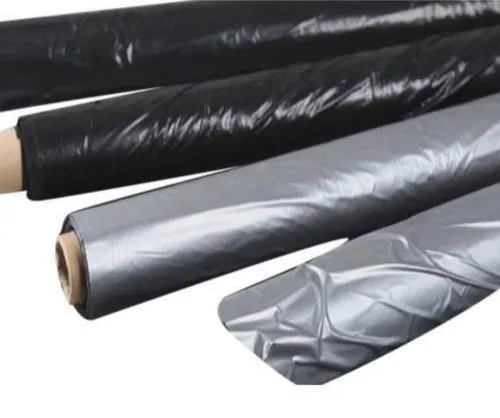
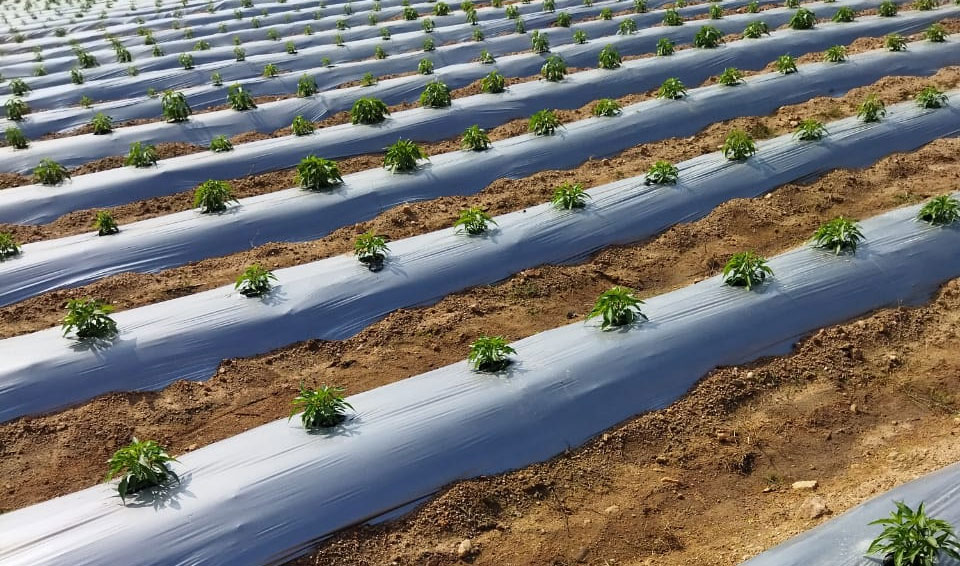
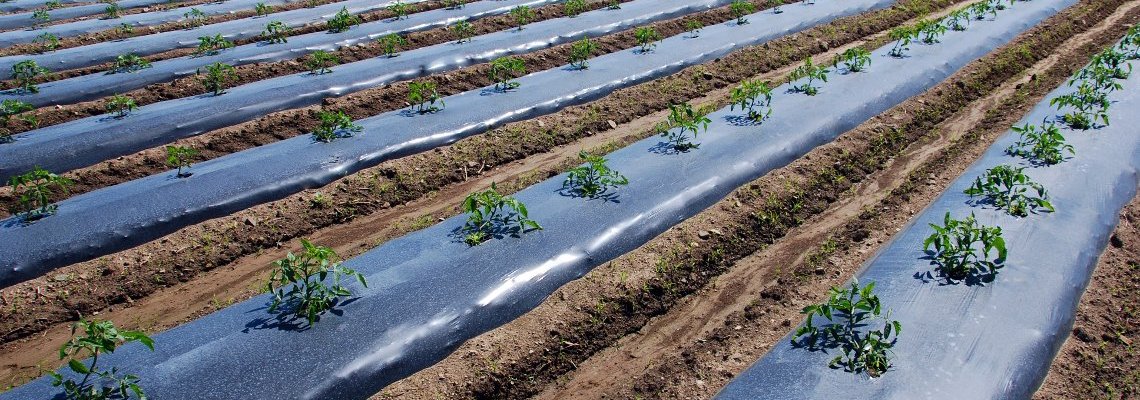
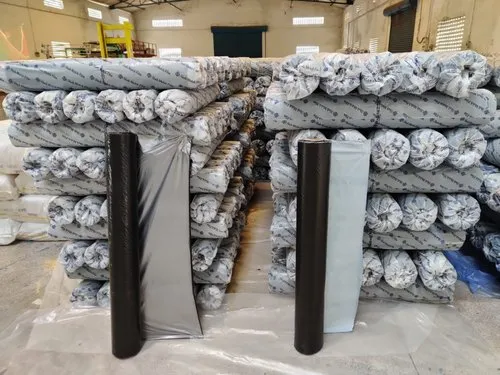


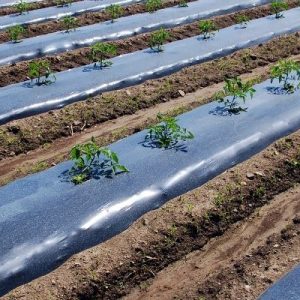
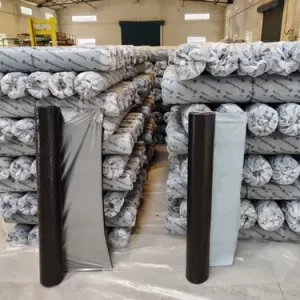
Reviews
There are no reviews yet.